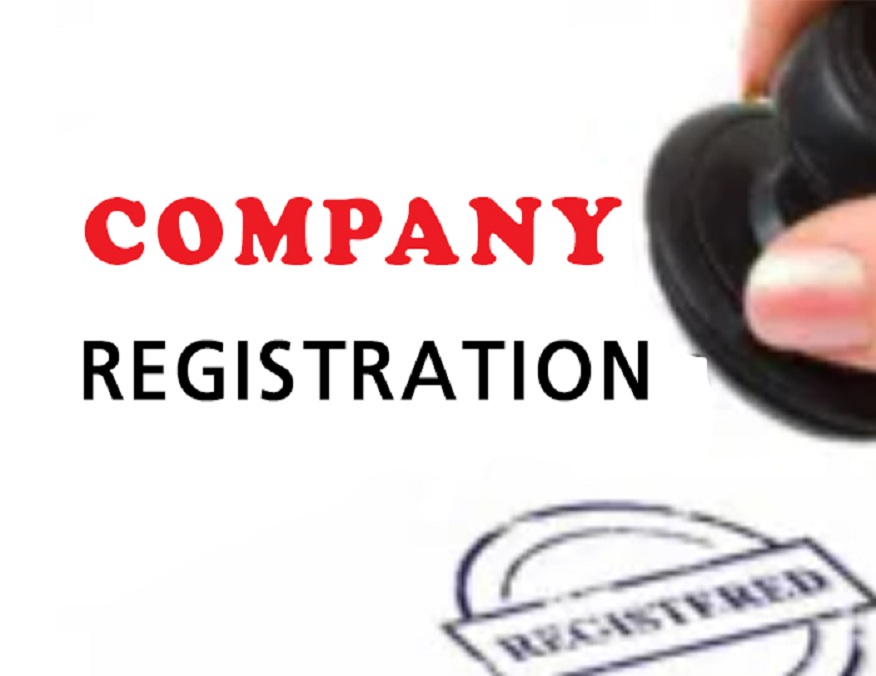Are you ready to turn your entrepreneurial dreams into reality and start a business in the UK? Congratulations! But before you dive headfirst into building your company, it’s crucial to understand the ins and outs of company registration. From choosing a business structure to navigating paperwork and legal requirements, there are plenty of important steps involved in getting your venture off the ground. In this blog post, we’ll explore everything you need to know about registering a company in the UK – so grab a cuppa (or perhaps something stronger!) and let’s get started on this exciting journey together.
Introduction to Company Registration
Starting a business in the UK? Company registration is one of the first things you need to do. Here’s a quick introduction to the process.
To register your company, you’ll need to submit a few key pieces of information to Companies House, the UK’s registrar of companies. These include your company name, registered address, contact details, and details of your directors and shareholders. You’ll also need to have a company seal made.
Once you’ve submitted all the required information and paid the registration fee, your company will be officially registered and you’ll be able to start doing business!
Types of Business Structures in the UK
There are several different types of business structures that you can choose from when starting a business in the UK. The most common type is the private limited company, but there are also sole proprietorships, partnerships, and public limited companies. Each type of business has its own advantages and disadvantages, so it’s important to choose the one that best suits your needs.
A private limited company is the most popular type of business structure in the UK. It offers limited liability protection for its shareholders, which means that they are not personally responsible for the debts of the company. This type of company must have at least one shareholder and can have up to 50. Private limited companies must also have a registered office in England or Wales and a director who resides in the UK.
A sole proprietorship is a business owned and operated by one person. This type of business doesn’t offer any limited liability protection, which means that the sole proprietor is personally responsible for all debts of the company. Sole proprietorships are relatively easy and inexpensive to set up, but they can be more difficult to run than other types of businesses because all decisions rest with the sole proprietor.
A partnership is a business owned by two or more people. Partnerships offer some limited liability protection to each partner, but each partner is still personally responsible for their share of any debts incurred by the partnership. Partnerships can be either general partnerships or limited partnerships.
The Process of Company Registration
When you’re starting a business in the UK, one of the first things you need to do is register your company. This process can seem daunting, but we’re here to help. In this article, we’ll walk you through the steps of company registration so you can get started on your business journey.
To register your company, you’ll need to submit a few key pieces of information to Companies House, the government body responsible for overseeing company registration. First, you’ll need to choose a company name. Once you’ve settled on a name, you’ll need to provide an address for your registered office. This is where official correspondence from Companies House will be sent.
You’ll also need to appoint at least one director and one shareholder for your company. The director(s) will manage the day-to-day operations of the company, while the shareholder(s) will own equity in the business. You may appoint yourself as both a director and shareholder if you wish.
You’ll need to submit filing fees to Companies House. The current fee for registering a private limited company is £40. Once all of this information has been submitted and accepted, your company will be officially registered!
Requirements and Eligibility to Register a Company
In order to register a company in the UK, there are a few requirements and eligibility criteria that must be met. Firstly, you must be at least 18 years old and have a valid form of ID such as a passport or driver’s licence. Secondly, you must have a physical address in the UK where your company will be based. You will need to appoint at least one director for your company who is also a resident of the UK.
Once you have met all of the above requirements, you can begin the process of registering your company by filling out an application form with the relevant authorities. You will need to provide details such as your company name, registered address and contact details, as well as the names and addresses of your directors. Once your application has been approved, you will be issued with a Certificate of Incorporation which officially recognises your company as being registered in the UK.
Completing the Forms for Company Registration
When you’re ready to register your company, you’ll need to complete a few forms. The first is the application for registration, which you can get from the Companies House website. This form asks for basic information about your company, such as the company name, registered address, and contact details.
You’ll also need to submit a memorandum and articles of association. The memorandum is a document that sets out the company’s purpose and how it will be run. The articles of association are the rules that govern the company’s internal affairs.
Once you’ve completed the forms and gathered all the necessary documents, you can submit them to Companies House online or by post. You’ll need to pay a fee to register your company, which is currently £40 for an online application or £60 for a paper application.
Fees and Costs Involved in Registering a Company
When you register a company in the UK, there are a few fees and costs that you need to be aware of. The first is the registration fee, which is £40 for paper applications and £50 for online applications. Then, there is the yearly filing fee, which is currently £13 for both paper and online filings. There are the fees associated with changing your company name or registered address, which can range from £10-£100 depending on the change being made.
While these are the main fees associated with registering a company in the UK, there may be other costs that you need to consider as well. For example, if you plan on using an accountant or solicitor to help with your company registration, they will likely charge their own professional fees. Additionally, if you want to get your company logo trademarked or registered as a trade mark, there are additional costs involved with that process as well.
Registering a company in the UK is relatively straightforward and not overly expensive. By being aware of the various fees and costs involved, you can ensure that you budget accordingly and don’t run into any unexpected expenses along the way.
Government Agencies Involved in Company Registration
The first step in company registration is to choose a company name. This can be done through the Companies House website. Once you have chosen a name, you will need to register it with Companies House. You will also need to provide information about the company’s directors, shareholders, and registered office.
After your company name has been registered, you will need to obtain a Certificate of Incorporation from Companies House. This document confirms that your company has been legally established and is required for opening a bank account and filing annual returns.
You will also need to register for Corporation Tax with HMRC. This is a tax on the profits of your company. You will need to file annual accounts with HMRC and pay Corporation Tax on any profits made by your company.
If you are planning on employing staff, you will also need to register for PAYE with HMRC. PAYE is a system for deducting income tax and National Insurance contributions from employee wages.
Benefits of Registering Your Business as a UK Entity
There are many benefits to registering your business as a UK entity. For one, it gives your company a more professional look and feel. Additionally, it can help you to avoid any legal issues that may arise from operating without incorporation. Registering your business as a UK entity can also provide some tax advantages.
Conclusion
Starting a business in the UK can be overwhelming, but with the right guidance and information, you’ll be well on your way to success. We’ve outlined what you need to know about company registration so that you can get started on the right foot. Before taking any further steps towards launching your business, make sure to do thorough research into all of the regulations and requirements for starting a business in the UK. With just a little bit of work upfront, you’ll set yourself up for a successful venture!



